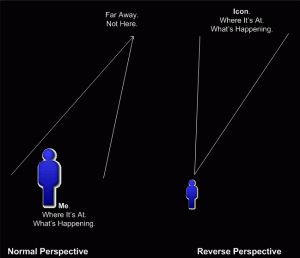Granville Sewell’s argument that evolution does so, therefore evolution must be caused by intelligence, rests on the odd assertion that intelligence (our own, for instance) does violate the 2LoT.
Bruce David, a UD poster I have a lot of respect for, writes:
I realize that to say that something, anything, violates the Second Law is an anathema to most people who have had a normal scientific education. And I have had the experience on these threads of explaining Dr. Sewell’s point in what I thought was very clearly reasoned prose to people like Elizabeth Liddle, who is intelligent, a scientist, and generally does give her fellow commenters a respectful hearing, only to get the terse response, “Nothing violates the Second Law.”
However, Dr. Sewell’s point, as I understand it, is that both life and human activity in fact do violate the Second Law, and in the case of humans it is clearly our creative intelligence that does this. And if ID is correct, then it is only intelligence that does this. Personally, I think it is a point worth making, even if it falls on deaf ears most of the time. And also, I think that precisely because it contradicts one of the most respected principles of science, and because of the implications for the nature of intelligence and thus the nature of human beings, that it has massive implications for science, philosophy, spirituality, and religion, and therefore, again, needs to be brought to light.
Yes indeed. If ordinary human intelligence regularly violates the Second Law of Thermodynamics, that would indeed have massive implications, for all kinds of things, not least our energy requirements.
hmmm.


